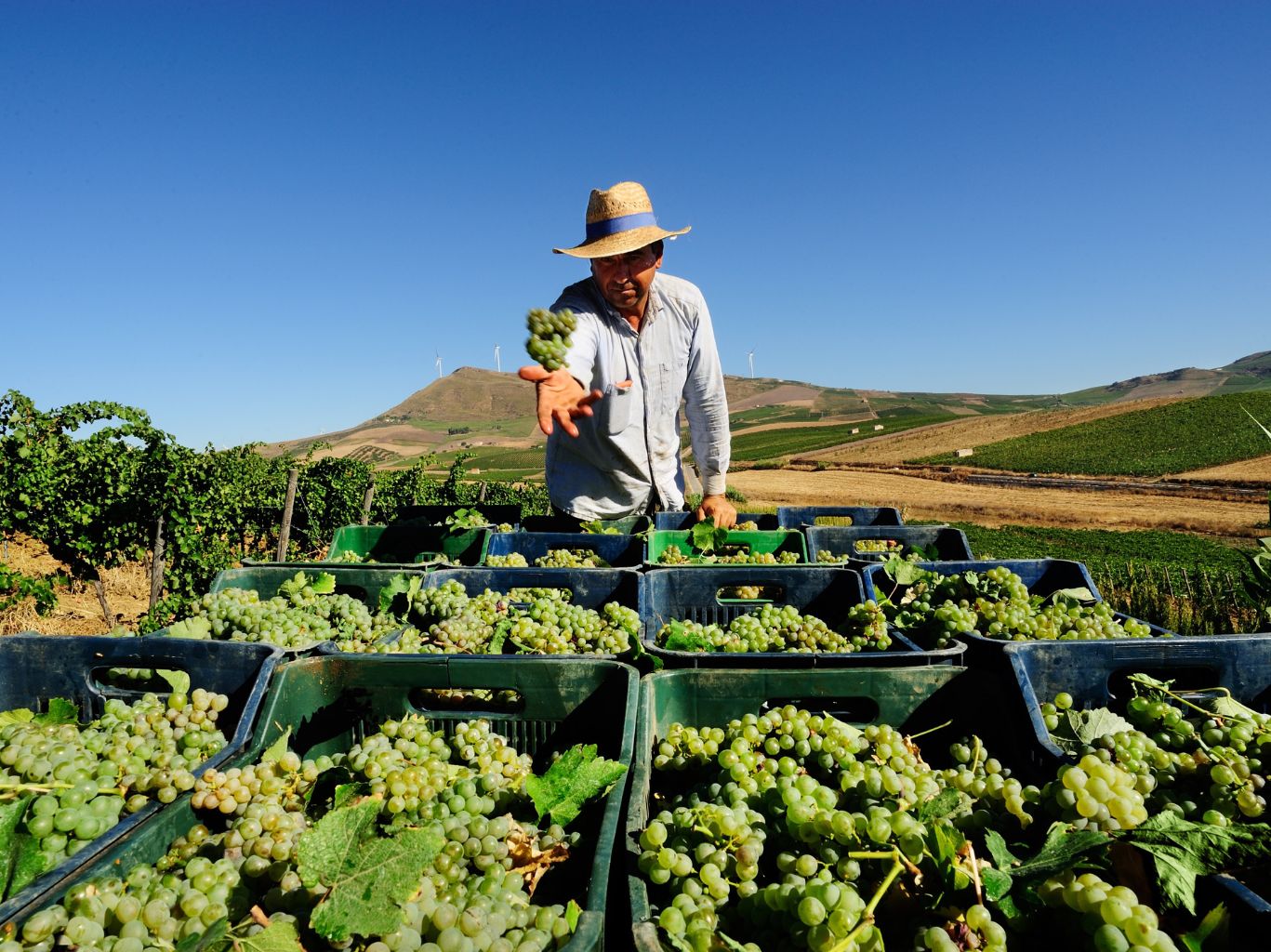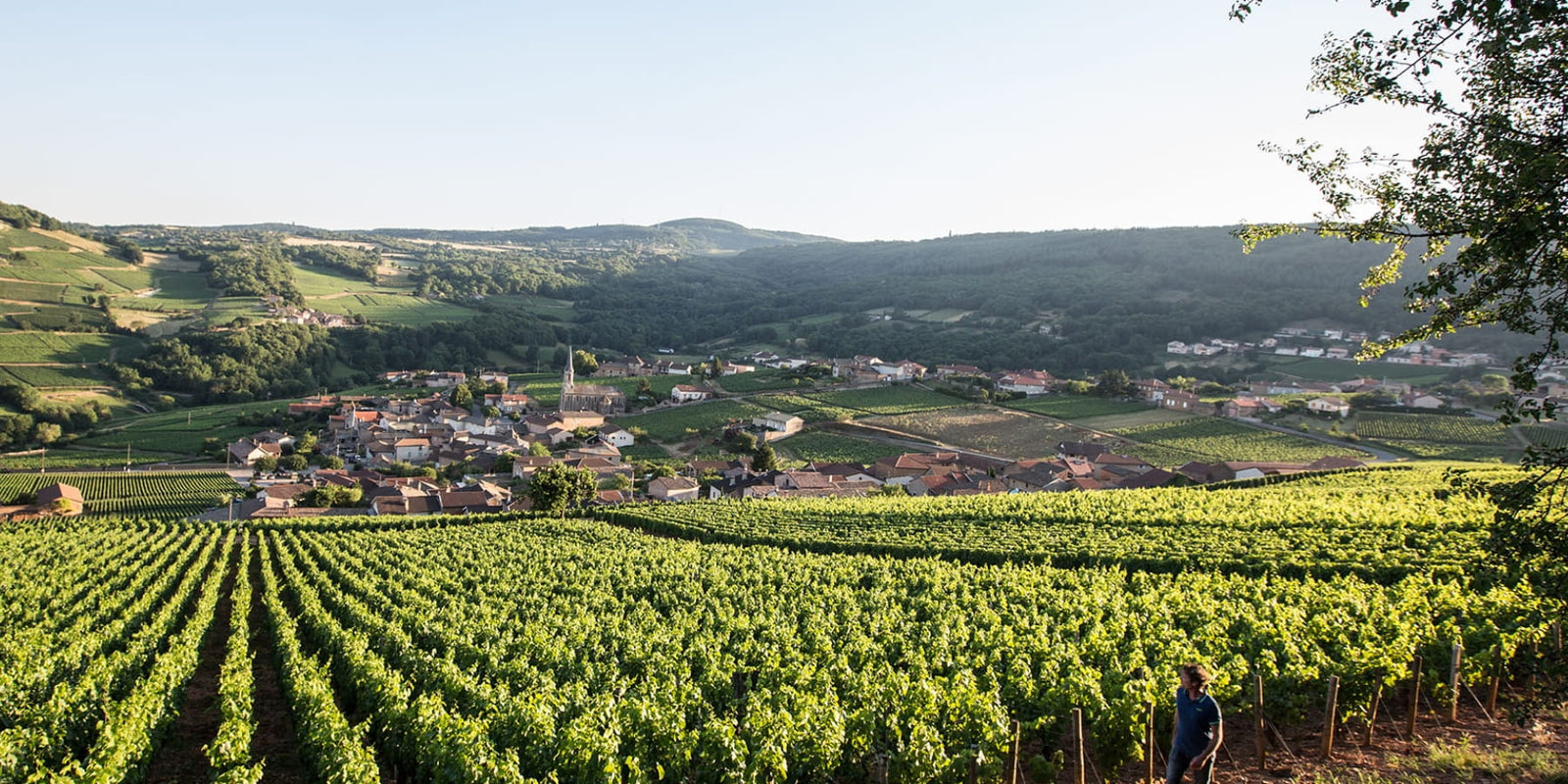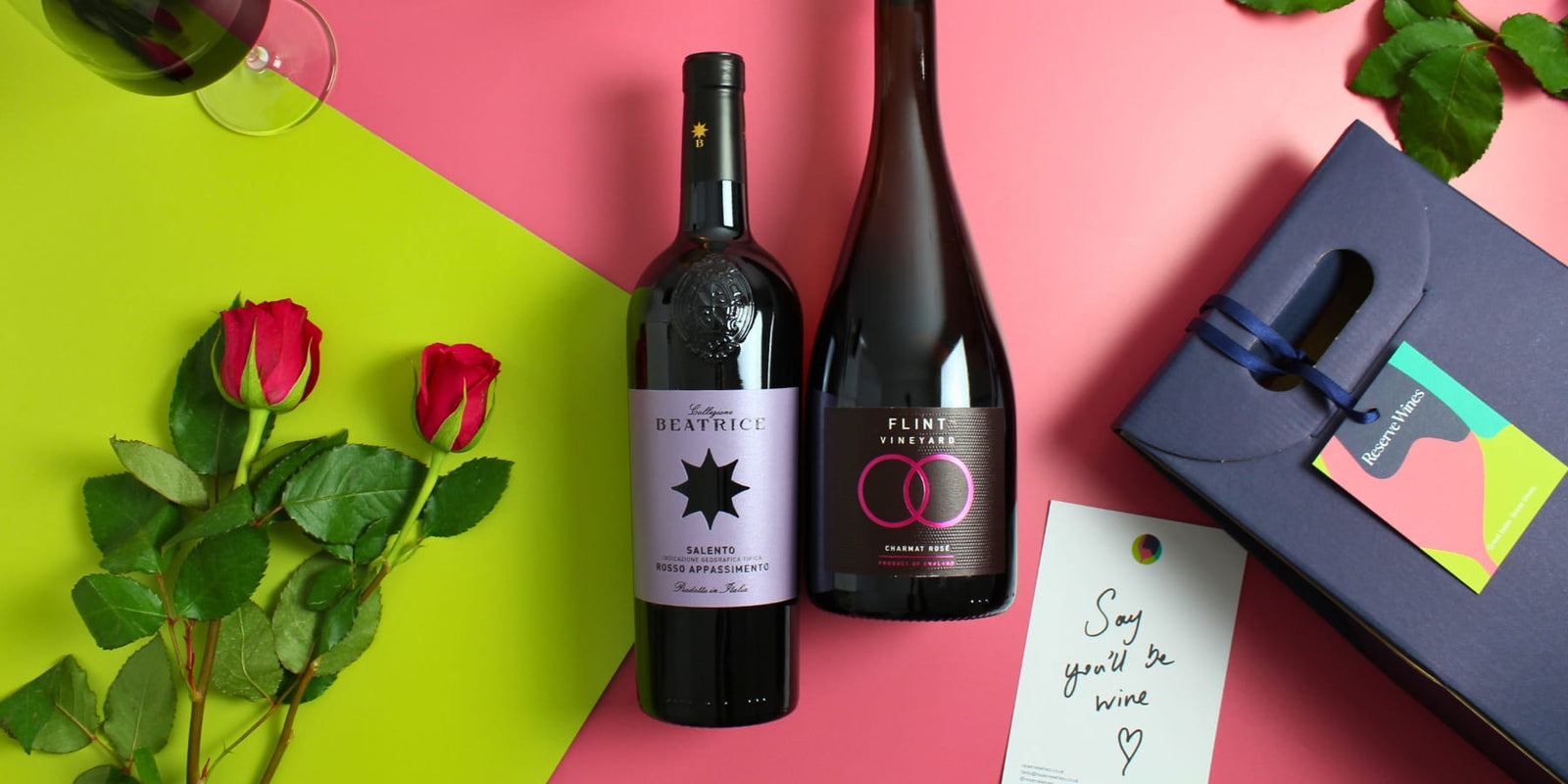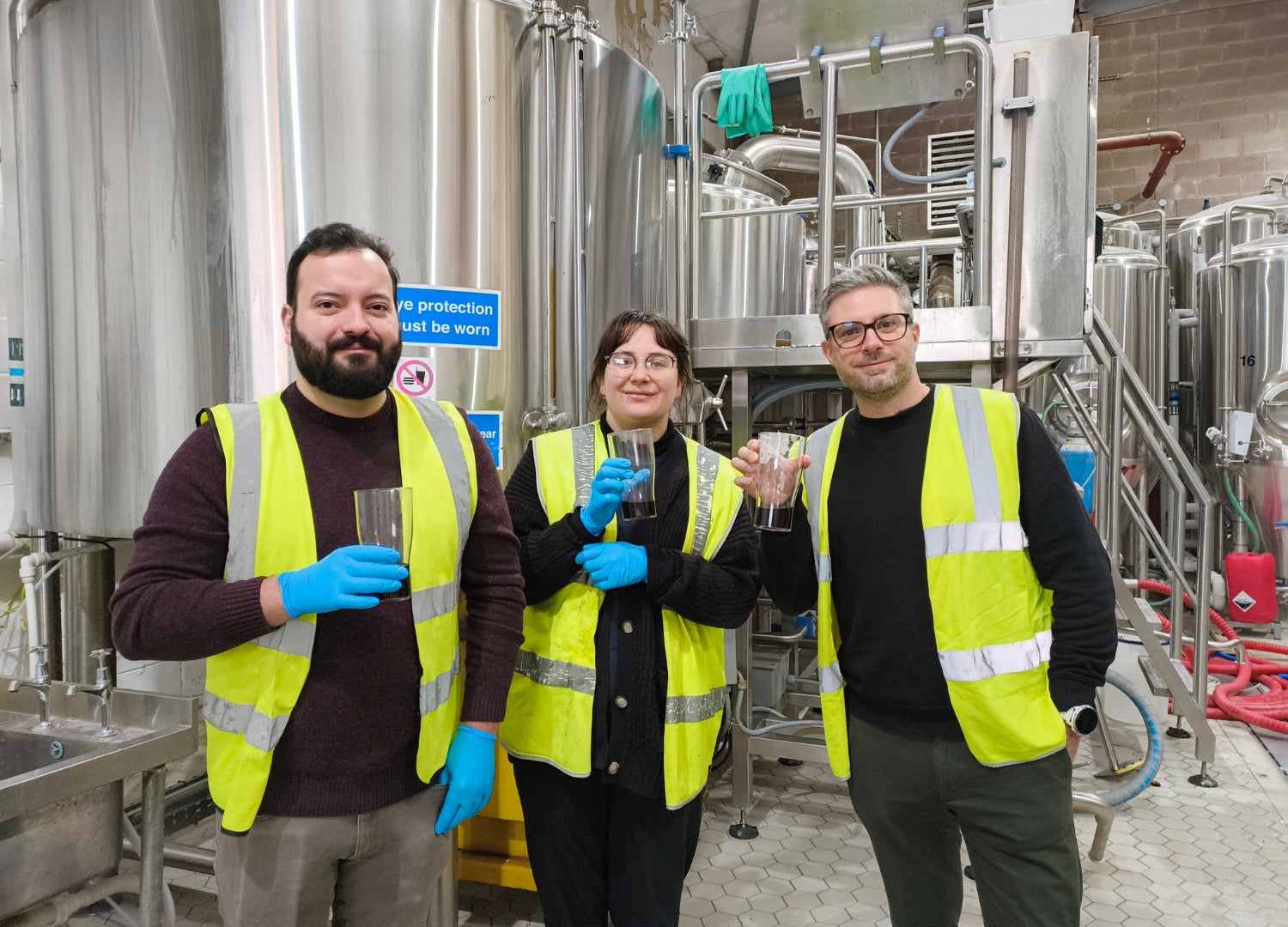This month as part of our ongoing focus on sustainability, we wanted to take a closer look at the term "made with organic grapes" and the benefits and challenges of this farming method in wine production. That's why we decided to ask Cantine Rallo, the producer of one of our most popular orange wines. They kindly agreed to answer our questions and share their perspective as Sicilian winemakers. So, if you're interested in learning more about organic winemaking, grab a glass and read on...

Reserve Wines: How did your winemaking career begin?
Cantine Rallo: [Winemaker] Fabrizio Vella is a typical Sicilian guy who grew up in the middle of vineyards. He attended the University of Palermo and in 2003 he had a degree in Oenology. He went to Australia for a year to complete his education as a winemaker before starting work in the winery where he leads a young and passionate team.

RW: What motivated your winery to adopt organic viticulture practices?
CR: Organic viticulture is fundamental to Sicily and to the island’s wine culture, with the region the biggest player in Italy for organic viticulture, both in terms of how much ground it covers and its quantity of production. Organic is not just a set of good practices and behaviours to be pursued, it is a true identifying trait for the entire island, and a byword for the Sicilian wine system. The island itself has a complex and variegated terrain, Sicily is a true mix of diversified environmental characteristics, which inevitably find expression in the island’s excellent wine production.
Organic viticulture aims to harmonize agricultural production with ecological conservation, fostering a sustainable balance between wine quality, biodiversity, and ecosystem health.

RW: What would you say are the main benefits you've observed using organic viticulture?
CR: Organic vineyards show a higher cumulative soil respiration, a higher content of microbial biomass especially after conversion.

RW: What are some of the challenges you've encountered in maintaining organic practices?
CR: Transitioning to organic viticulture requires significant investments in new equipment, infrastructure, and marketing efforts.
Obtaining organic certification involves rigorous standards and technicalities.
In warm and arid climates, such as Sicily, organic and regenerative viticulture faces specific hurdles. Rootstocks and varieties selection becomes critical, favouring grape varieties resistant to heat and water stress.

RW: How do these organic practices influence your approach to winemaking?
CR: Vinifying organic grapes involves the same fundamental steps as traditional winemaking, with the added emphasis on organic and sustainable practices. We use natural methods of vinification of only our own organic grapes, without manipulation or addition of synthetic chemicals, and with respect for the natural maturation time of the wine. The principal starting point of our wine-making practice is to work optimally in the vineyard, in order to obtain a product as healthy as possible, and to minimise intervention at the vinification stage, by combining tradition and technological innovation.
The harvest is manual, in order to preserve the maximum integrity of the end product, to ensure that contamination does not occur in the field, and to avoid triggering premature fermentation. We transport the grape in reefer truck. We use a calibrated stemming and crushing method which leaves the grapes themselves largely intact. The wine is made in stainless steel, spontaneous fermentation is carried out through indigenous yeasts. Once fermented, a careful racking allows natural decanting and settling, and an organoleptic cleansing of the wine. Further leaving the wine on the lees for an appropriate period allows enrichment and qualitative evolution.

RW: In what ways do you feel organic viticulture enhances the quality of your finished wine?
CR: Organic grapes are renowned for their higher content of antioxidants and essential nutrients, tend to have higher polyphenol concentrations, providing better protection against oxidation. Choosing organic supports both personal health and environmental sustainability.
Respecting the ecosystem, stimulating research and higher education to develop a culture of sustainability at all levels.
---
Thanks again to Irene and Andrea at Cantine Rallo for taking the time to answer our questions. If you'd like to try their delicious wine you can pick up a bottle here:

Rallo, Vicoletto Catarratto, 13%, Vegan
This wine is a slice of Sicilian sunshine. It has a beautiful mix of citrus, grapefruit, apple and melon fruit on the nose. These follow onto the palate, complemented by a subtle note of Mediterranean herbs and a backbone of fresh acidity. 10% of the wine is fermented on skins for 12 days. Bottled without fining or filtration.
Try this with Sicilian pasta or chickpea fritters.
To explore a curated selection of exquisite organic wines and discover more about sustainable winemaking, visit our collection page here. Cheers to wines that are better for you, and the planet!






Leave a comment (all fields required)